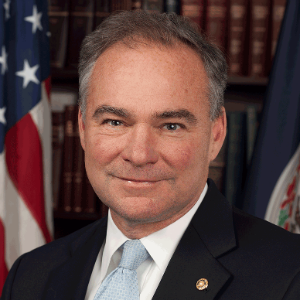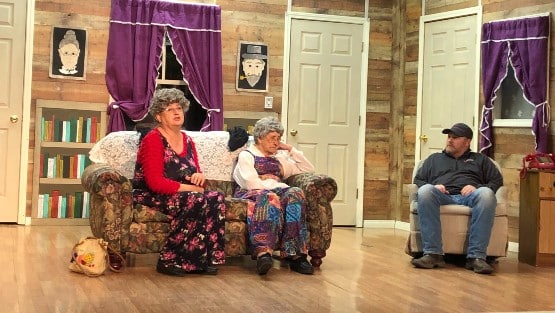
Congresswoman Alma Adams (NC-12) introduced the companion bill in the U.S. House of Representatives last year. Senators Kamala Harris (D-CA) and Sherrod Brown (D-OH) are original cosponsors of the Senate bill.
Despite the fact that Historically Black Colleges and Universities (HBCU’s) provide educational opportunities to some of our nation’s most promising students, these institutions too often struggle financially due to having smaller endowments, less money from alumni giving and lower levels of federal investment. As a result, the infrastructure of many of these institutions has not kept pace with their growing student bodies and the demands of training students for careers in the 21st century.
“HBCU’s are a vital part of not just our nation’s higher education system, but of the American Dream. For my father, born poor in the segregated South, attending North Carolina Central University, an HBCU, proved to be a bridge for him and my family to move from poverty to the Middle Class in a single generation. Students attending HBCU’s today deserve the same opportunities.” said Senator Booker. “I’m proud that this bipartisan bill will make much needed changes to the way HBCU’s are financed to ensure that these important institutions of education and opportunity are accessible and strong for years to come.”
“Georgia is home to 10 fantastic HBCUs that play an important role in educating America’s next leaders,” said Senator Perdue. “I am working to ensure all HBCUs in Georgia have the opportunity to get financial assistance for capital improvement projects that will only contribute to their positive impact on our state.”
“HBCUs are a critical component of the higher education system in Virginia and across the U.S., and they are home to some of our nation’s most promising students,” said Senator Kaine. “This bill would help solve inequities in how HBCUs have been treated financially, allowing more students to access the high-quality education and opportunities that these schools provide.”
“The more than 100 HBCUs nationwide play a vital role in our higher education system. They provide pathways to opportunity for over 300,000 students annually, many of whom are first generation college students. Unfortunately, many HBCUs lack the large endowments often found at other institutions. Programs such as the HBCU Capital Financing Program supplement smaller endowments and provide HBCUs with funding for much needed upgrades and maintenance to their campuses,” said Congresswoman Adams. “I was proud to reintroduce this bipartisan legislation in the House and I’m excited to work with my Senate colleagues to ensure its inclusion in the reauthorization of the Higher Education Act.”
The HBCU Capital Financing Improvement Act would make technical changes to the HBCU Capital Financing Program, which provides HBCU’s with access to capital financing or refinancing for the repair, renovation, and construction of campus infrastructure. The changes in the HBCU Capital Financing Improvement Act will allow more institutions to have access to the program, helping to offset inequities faced by HBCUs in the private bond market.
Specifically, the bill will:
- Reclassify the escrow account as a bond insurance fund to allow public institutions participating in the program, in some states, to pay for any defaults or delinquency using state funds.
- Allow the Department of Education to offer financial counseling to those institutions interested in participating but unable to meet the program’s financial requirements
- Require the HBCU Capital Financing Advisory Board to prepare an annual report to Congress that would provide an overview of the loans granted and recommendations for addressing issues related to construction financing for HBCUs.
The HBCU Capital Financing Improvement Act was passed unanimously by the House in the 114th Congress.










